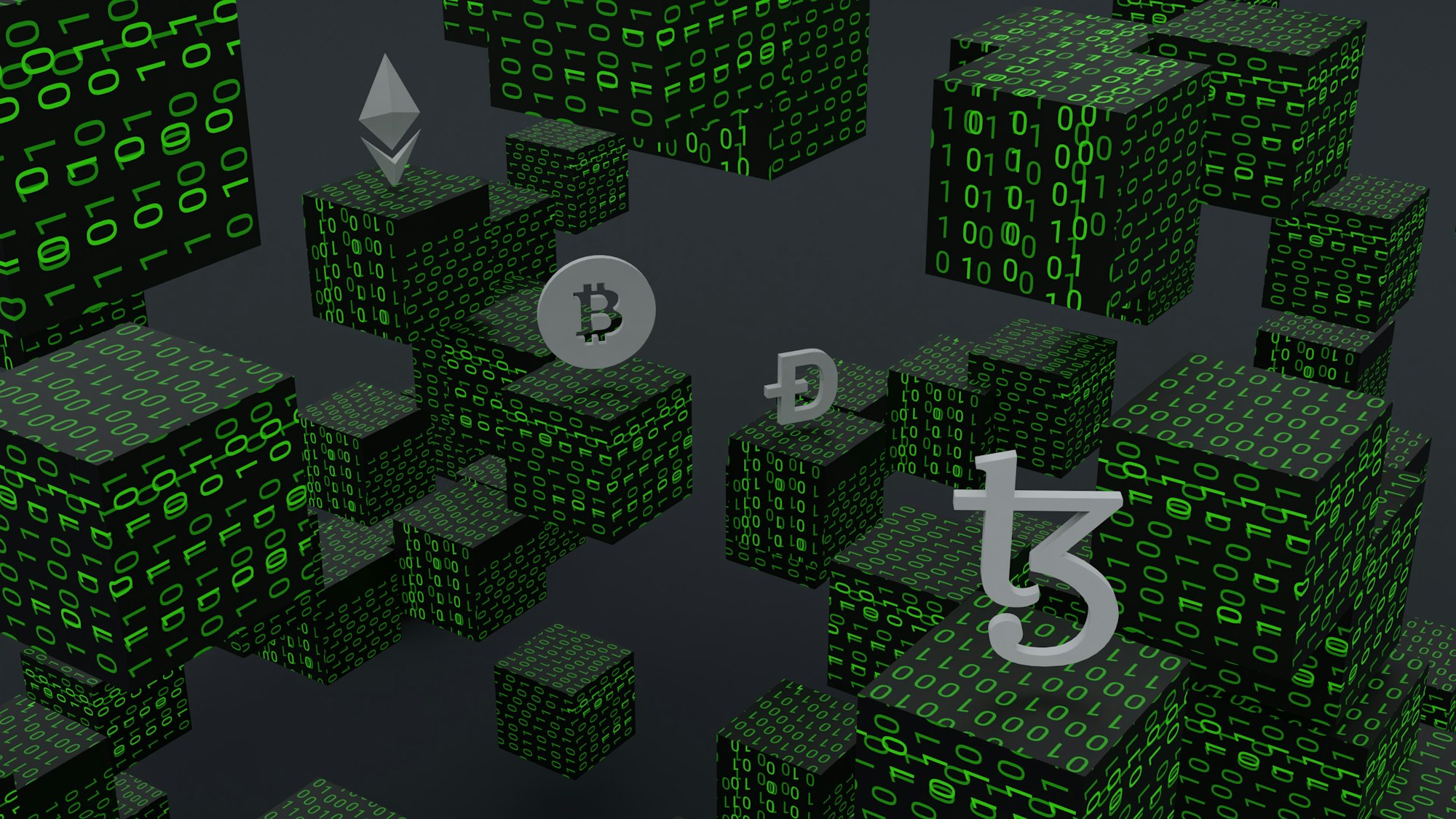Summary: Discover the essential considerations and best practices for building a secure, decentralized marketplace. From smart contract audits to user authentication and data protection, this article will guide you through the steps necessary to create a robust and secure platform for your users.
Introduction
Decentralized marketplaces have emerged as an innovative alternative to traditional e-commerce platforms, offering improved security, transparency, and user control. However, building a secure and efficient decentralized marketplace is not without its challenges. This article will discuss the key considerations and best practices for developing a secure decentralized marketplace, from selecting the right blockchain to implementing robust security measures.
- Choosing the Right Blockchain Platform
Selecting the appropriate blockchain platform is critical for the success of a decentralized marketplace.
- Public vs. private blockchains: Public blockchains like Ethereum and Binance Smart Chain offer increased transparency and decentralization but may suffer from scalability issues. Private blockchains can provide better performance but may sacrifice decentralization.- Smart contract capabilities: The chosen blockchain platform should support smart contracts to enable the automation of transactions and other marketplace processes.- Scalability and performance: The platform must be able to handle the expected transaction volume and provide a fast and seamless user experience.
- Implementing Secure Smart Contracts
Smart contracts are essential for automating transactions and other processes within a decentralized marketplace.
- Code quality: Ensure that smart contracts are written using established best practices and adhere to industry standards.- Auditing: Conduct thorough smart contract audits by both internal teams and external auditors to identify potential vulnerabilities.- Bug bounties: Launch a bug bounty program to incentivize the community to find and report security vulnerabilities in the smart contracts.
- Integrating User Authentication and Access Control
Secure user authentication and access control are crucial for protecting user accounts and safeguarding sensitive information.
- Decentralized identity management: Implement decentralized identity solutions to enable users to manage their own identity information without relying on a central authority.- Multi-factor authentication (MFA): Encourage users to enable MFA for added account security.- Role-based access control: Establish clear roles and permissions for users within the marketplace to limit access to sensitive information and functions.
- Ensuring Data Privacy
Data privacy is a critical consideration for decentralized marketplaces, especially when dealing with sensitive user information.
- Privacy-preserving technologies: Implement privacy-enhancing technologies like zero-knowledge proofs or confidential transactions to protect transaction data.- Data encryption: Use strong encryption algorithms to protect user data stored on the platform.- GDPR compliance: Ensure that the marketplace adheres to data protection regulations such as the General Data Protection Regulation (GDPR).
- Interoperability and Integration
A successful decentralized marketplace must seamlessly integrate with other blockchain ecosystems and third-party services.
- Cross-chain compatibility: Facilitate interoperability between multiple blockchains to enable a diverse range of assets and services on the marketplace.- Integration with existing platforms: Offer integration options with popular e-commerce platforms like Shopify or WooCommerce to make the transition to a decentralized marketplace more accessible for merchants.- Support for third-party wallets: Allow users to connect their preferred cryptocurrency wallets, such as MetaMask or Ledger, to the marketplace for a familiar and secure experience.
Conclusion
Building a secure and successful decentralized marketplace requires careful consideration of factors such as the choice of blockchain platform, smart contract security, user authentication, data privacy, and interoperability. By adhering to best practices and prioritizing user security and privacy, developers can create a robust decentralized marketplace that offers a compelling alternative to traditional e-commerce platforms.
